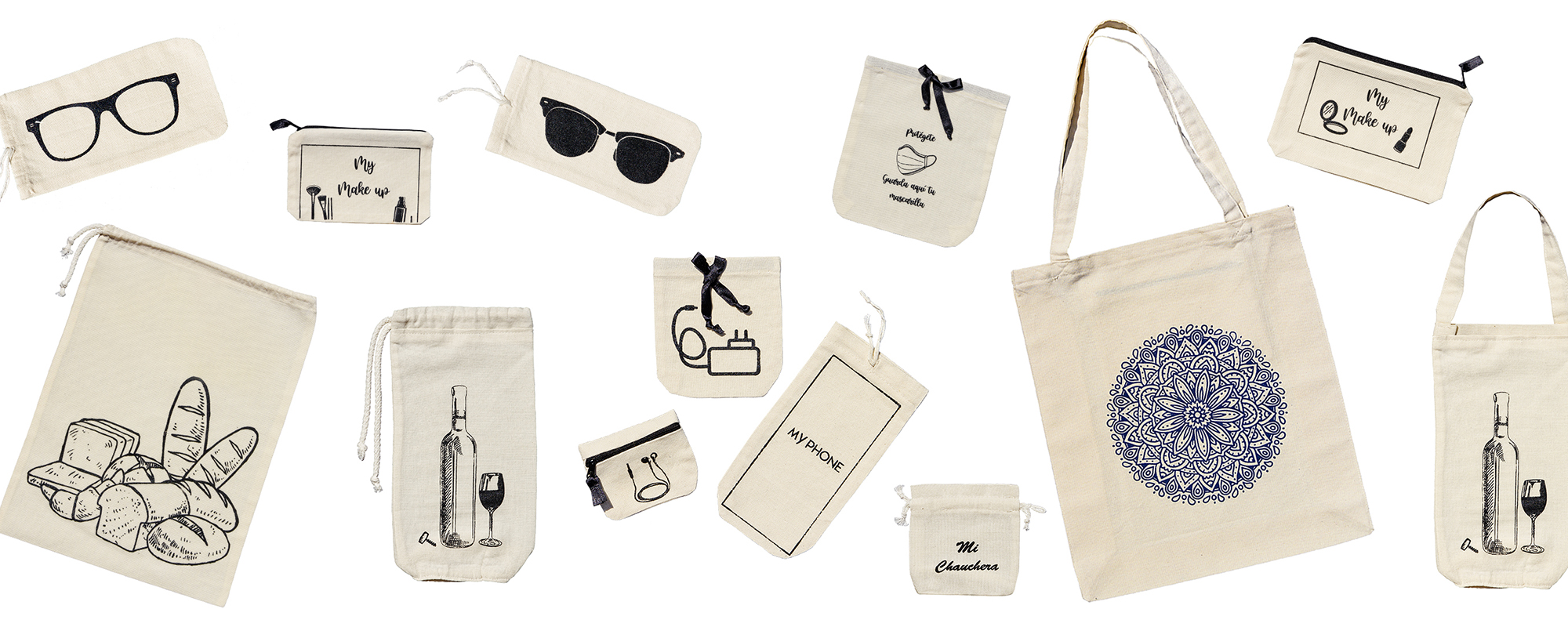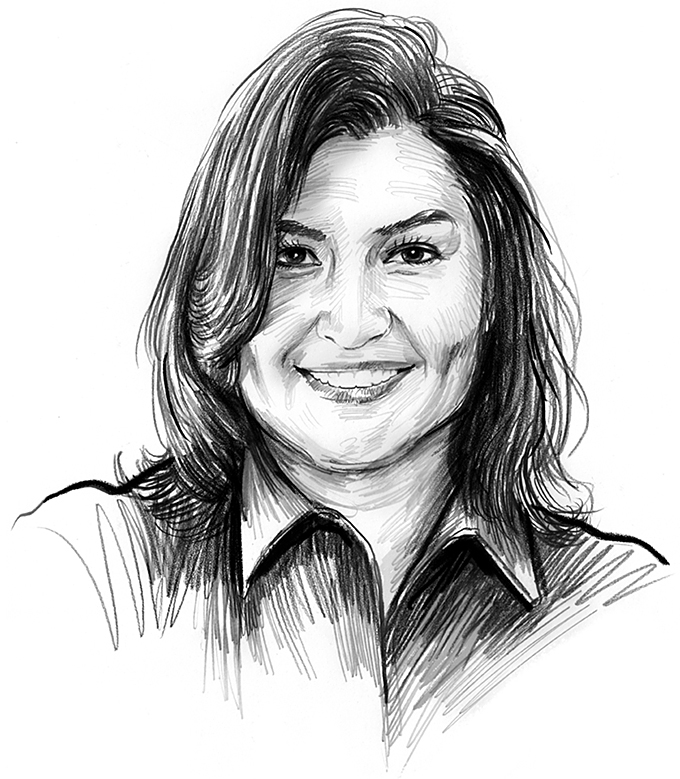In Ecuador, 65 per cent of women are affected by gender-based violence. This has far-reaching consequences: violence against women costs the Ecuadorian economy around USD 4.6 billion every year. In order to change this, GIZ is putting women entrepreneurs in the forefront in a develoPPP project with the development-focused private bank Banco ProCredit. As part of the Business Development & Prevention of Violence against Women training programme, 60 women learned about better business management and violence prevention. They were also able to share their own experiences in a safe space.

‘If I start a business, it must support women’
Three questions for entrepreneur María Fernanda Ávila about her company and her motivation to do something to counter violence against women in Ecuador

MARÍA FERNANDA ÁVILA
studied bank management at the Universidad del Azuay in Cuenca and has a degree in digital marketing. She garnered experience in the banking sector before going on to work in advertising for many years. In 2020 she set up her company TemTis Artesanías que Dejan Huella, which links up women artisans with businesses.
Can you tell us a bit about yourself and your company?
My name is María Fernanda Ávila and I run TemTis, a company for women artisans in Quito. I grew up in a male-dominated environment. At work, I was always the only woman. So I decided very early on that if I start a business, it must involve and support women. At TemTis we offer advanced training to female artisans. For example, we show them how they can improve their products. We supply these products, such as traditional bags, to large companies as gifts for clients.
How has GIZ supported you as an entrepreneur?
In the training programme, we learned a lot about marketing and social networks. We were able to improve our website and optimise the way we work with search engines. The programme also covered the interplay between social, economic and environmental sustainability. Now we ensure that our artisans don’t use any materials that are environmentally unsound and that as few materials as possible are left over. We also discussed various forms of violence at some length and explored how we as women can better protect ourselves against violence.
What newly acquired knowledge would you like to share with other women in Ecuador?
I have come to realise how important safe spaces are. Spaces in which women can talk and understand the violence, including structural violence, they face and are often unaware of. It is important to make various different forms of violence visible. Because violence is not only physical, it can also be emotional or financial. It is very important for women to become more independent. That’s why we encourage women to open their own bank accounts, so they don’t have to rely on men to pay them the money they earn.